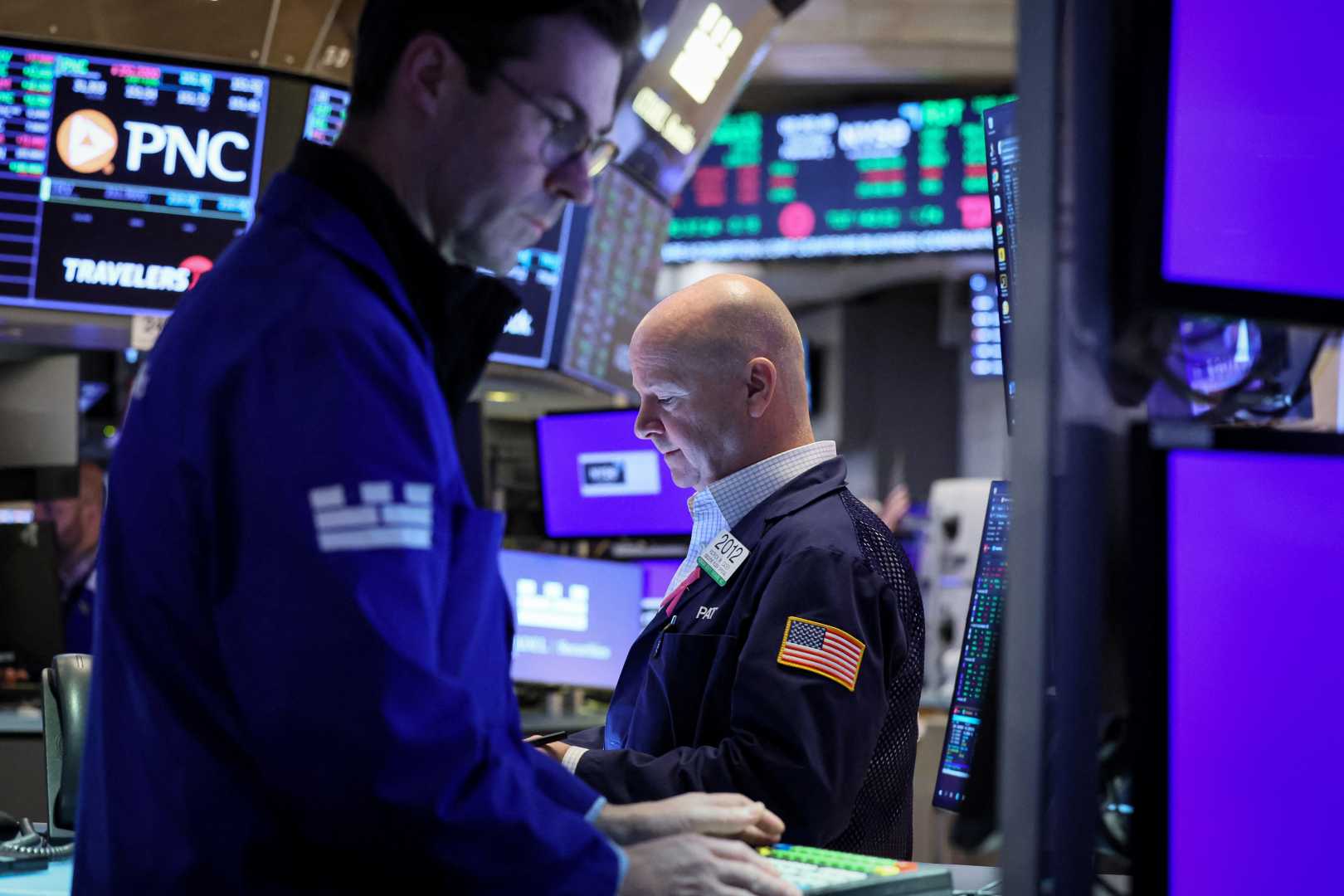News
Wall Street Rallies with Record Highs Amid Fed Minutes and Earnings Anticipation

Wall Street witnessed a significant upswing on Wednesday, as both the S&P 500 and the Dow Jones Industrial Average clinched record closing highs. The momentum followed the release of Federal Reserve meeting minutes and came in anticipation of September’s inflation data alongside the forthcoming third-quarter earnings season. Alphabet shares, however, closed with a 1.5% decline after the U.S. Department of Justice indicated a potential legal move that may compel the company to divest parts of its business, notably its Chrome web browser and Android operating system.
The Federal Reserve’s minutes revealed that a “substantial majority” of officials advocated for a hefty half-point interest rate cut. Nevertheless, there was a broader consensus that this decision would not determine a fixed trajectory for future rate reductions. CME’s FedWatch tool showed traders were pricing in a 79% probability of a 25-basis-point decrease in borrowing costs, with a 21% likelihood of rates remaining unchanged.
Lindsey Bell, chief strategist at 248 Ventures in Charlotte, North Carolina, remarked, “The minutes confirmed our long-standing expectations and provided relief to investors. There was a debate concerning the 50 basis point cut, indicating it wasn’t a unanimous consensus.”
The market is poised for the upcoming Consumer Price Index inflation report, due on Thursday morning, and the earnings season, which begins in earnest with several major U.S. banks reporting on Friday. Bell added, “The minutes further affirmed the Fed’s belief that they have overcome the inflationary challenge, implying that tomorrow’s CPI figure will likely be unsurprising.”
Investment sentiment has been oscillating this week as investors recalibrated rate-cut predictions following an unexpectedly strong September jobs report that suggested a more robust U.S. economy than initially feared. “There’s an air of optimism in the market since the Friday jobs report, with investors hopeful of a soft- to no-landing scenario,” Bell noted.
The Dow Jones Industrial Average climbed by 431.63 points, or 1.03%, reaching 42,512.00. The S&P 500 rose by 40.91 points, or 0.71%, to 5,792.04, while the Nasdaq Composite increased by 108.70 points, or 0.60%, to 18,291.62. The S&P recorded its first closing high for October, its 44th in 2024, while the Dow marked its latest record close since October 4.
Nine of the 11 industry sectors of the S&P 500 saw gains, although rate-sensitive utilities dipped by 0.9%. The communications services index, which comprises Alphabet, fell 0.6%. Daniel Morris, chief market strategist at BNP Paribas, commented on the market’s apprehension about the implications of antitrust measures on the technology sector, particularly regarding dominant entities.
Additionally, attention was on potential damage from a Category 5 hurricane expected to make landfall near Tampa Bay, threatening significant storm surges.
In individual stock movements, Boeing shares dropped by 3.4% following a breakdown in negotiations between the aerospace company and its main manufacturing union. Conversely, Norwegian Cruise Line shares surged by 10.9% after a “buy” rating upgrade by Citigroup, while peers Carnival and Royal Caribbean climbed 7% and 5.2% respectively.
Shares of Arcadium Lithium soared 30.9% after Rio Tinto announced its acquisition of the miner for $6.7 billion. U.S.-listed shares of China’s Alibaba Group and PDD Holdings fell 1.6% and 2.3% respectively, as investors questioned China’s potential new stimulus measures.
On the trading floor, advancing issues outnumbered decliners by a 1.31-to-1 ratio on the NYSE, with 339 new highs and 49 new lows. On the Nasdaq, 2,164 stocks rose against 2,113 that declined, reflecting a 1.02-to-1 ratio favoring advancing issues. The S&P 500 registered 52 new highs versus two new lows over the past 52 weeks, while the Nasdaq Composite recorded 88 new highs and 133 new lows. Roughly 11.09 billion shares were traded on U.S. exchanges, slightly below the 20-session average of 12.04 billion.












